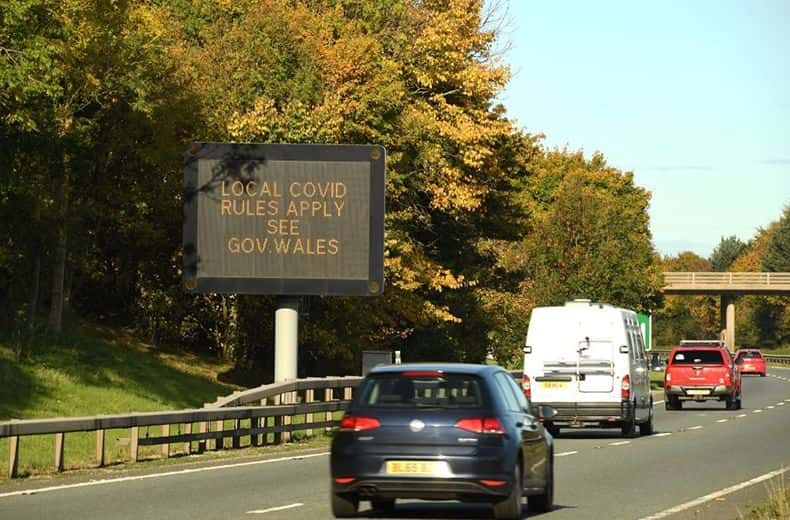Two-thirds of young drivers, those with fewer than 10 years’ driving experience and drivers living in London, are all significantly more likely to say they need a car more now than they did before March.1
Research for the RAC’s annual Report on Motoring also found that for the first time since 2002, fewer than half of drivers (43%) say they would use their cars less, even if public transport was improved.2
Despite a rise in people working from home, 64% of motorists expect to drive to their workplace in future, a figure which has hardly changed from the 67% who said the same before the pandemic.
Over a third (36%) expect to work from home more frequently in the future as a result of the coronavirus.
Of the 3,000 drivers surveyed, 68% say a car is essential for carrying items like shopping, up from 54% last year. A further 59% of drivers say the car is essential for meeting up with friends and family who live elsewhere in the country, significantly up from 45% in 2019.
Convincing drivers to leave their car keys at home in favour of public transport is becoming an increasingly difficult challenge. Just last year 57% of motorists said they would use their cars less – a figure that’s fallen sharply to 43% in 2020.
Socially-distanced travel is a priority for drivers in the UK and could lead to problems for plans of a greener transport network.
RAC data insight spokesperson Rod Dennis said: “The pandemic risks putting efforts to encourage drivers out of their cars for some trips back by years.
“Now, for the first time since 2002, we have fewer drivers than ever saying they’re prepared to use public transport even if services improved – underlining just what a huge role the car continues to play in 2020.”
- Coronavirus (COVID-19): Answering drivers' questions
- Car dependency and the pandemic
- How to clean your car interior to reduce the spread of coronavirus
The reasons given by drivers for not taking the bus, train or tram are similar to those given last year.
Nearly half (46%) say fares are too high (2019: 50%), 43% say services don’t run when they need them to (2019: 41%) and 41% say services aren’t frequent enough (2019: 41%)
A similar number (39%) complain that bus or rail lines don’t run close enough to where they live or are looking to get to (2019: 38%), while nearly three-in-10 (29%) report services take too long (2019: 25%).
Mr Dennis highlighted that adequate investment and travel alternatives are needed to ensure the recovery of town centres as shopping and tourist destinations.
He added: “Park and ride sites make a lot of sense… but perhaps now is the time for the concept to evolve to encompass park and cycle, park and walk, or even park and scoot.
“As cities seek to improve air quality and make urban centres cleaner places, it’s clear that low-cost, efficient alternatives to the car need further thinking and much greater financial investment.”

RAC Breakdown Cover
With our cover, the difference is in your pocket.
*£7 a month for new, single vehicle Basic. ^For 1 vehicle with new Extra or Complete. Excludes Basic. Ends 28/05/24, 7am.














